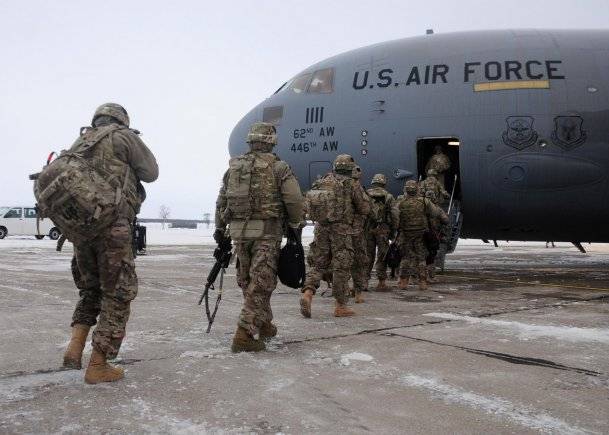Coming out of its self-created quagmires has always been a great challenge for any superpower. Besides guarding its stature and ego, it considers any price worth it, both in terms of human and material to claim victory or at least attain a face saving leading to an honorable exit. To defeat the Japanese and claim her victory in World War 2, the US had to resort to nuclear weapons, perishing millions with unparalleled loss to infrastructure, forcing Japan into perpetual passivity with its defense outsourced. In Vietnam it crushed millions employing every weapon at its disposal short of going nuclear before its ignominious withdrawal. Similarly, in pursuit of it’s ever expansionist designs, the then super power, USSR adventured into Afghanistan in 1979 considering it a walkover and then getting bogged down for a decade subsequently withdrawing humiliated and collapsing under its own weight in 1991.
The US war against Al Qaeda and Taliban that began after 9/11 was also envisaged to culminate with the defeat of Taliban and creation of a government under Hamid Karzai at Kabul. The assessment proved a dream turning into the US led NATO`s longest war with no end in sight. After having spent billions of dollars, suffering and inflicting phenomenal losses in men and material the war effort has imposed perpetual instability on the region. With its objectives surely looking unattainable, the US is now looking for a suitable scapegoat which it cannot find in any other country than Pakistan, given her new found interests with India, seen in the context of Pakistan`s aggressive regional engagements with Russia and China. The irony is that while Pakistani “Deep State” as coined by Bruce Riedel in his recent article, paid heavily for being decisively instrumental in the attainment of US objectives in the region both against the then USSR and for ousting Taliban government after 9/11, it now considers Pakistan a major stumbling block in the attainment of her evolving interests in the region. Bruce Riedel`s recent article that appeared in a blog of Economic Times dated 15 April 2017 is a malicious and failed effort to create a wedge between the Pakistani people and government on the one side and its Armed Forces on the other. Given the author`s known anti-Pakistan and pro-India stance while drawing strength from the work of another highly controversial and dubious figure Husain Haqqani, the credibility of the article in Pakistan stands negligible and biased to say the least. Measures similar to revoking Pakistan`s status as a major non-NATO ally, enforcing aid conditions and threats of unilateral actions as professed in the article have neither worked for US interests in the past nor likely to work in the future. Certainly it has worked quite successfully in alienating the two countries and two people besides propelling Pakistan towards greater self-reliance and looking for more trustworthy friends for which the people of Pakistan should remain grateful to the input of scholars like Bruce Riedel and Husain Haqqani to successive US governments.
There is no denying the fact that Pakistani “Deep State” on occasions could not succeed commensurate to the US expectations just like the US and its agencies failed on numerous occasions including preventing 9/11. Projecting Pakistan inimical to US regional interests falls in the realm of a fallacy been stretched too far. No other country is better placed than the US to understand and acknowledge Pakistan`s contributions and sacrifices in the overall global effort against terrorism. The US also remains cognizant of the strength and resilience of this 120 million strong country keeping its nuclear Armed Forces in highest esteem, hence its relevance to any regional equation. Pakistan continues to remain committed and aligned with the international community including US in fighting Global War on Terror regardless of region and boundaries. It ha,s however, every right to claim its rightful place and position in the equation given the sacrifices and price it has paid for over four decades. Relegating Pakistan`s importance to non-entity in the run up to evolving regional equation and subjecting the country to unwarranted threats, intimidation and pressures will only backfire. Accommodating India in the equation while targeting Pakistan for its own failures may well be in greater US interests to contain Russian and Chinese increasing influence in the region, it certainly would be at the cost of adding more complexity to the Afghan imbroglio. The Russia-China-Pakistan initiative on Afghanistan need to be seen, and taken, as complementing the efforts earlier spearheaded by US making it reinforcing rather than taking it negatively. It is equally in Pakistan`s interest to remain relevant and be positively engaged with every effort towards attaining regional stability as it holds the key to the prosperity of teeming millions residing in one of the most dense region of the world.






